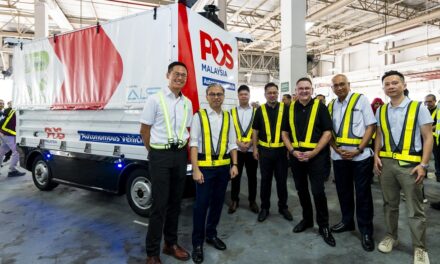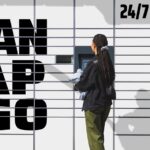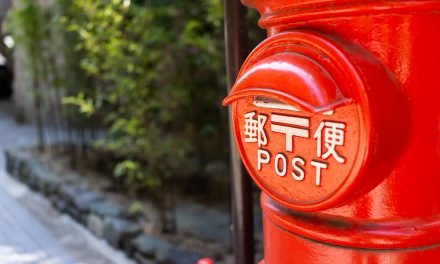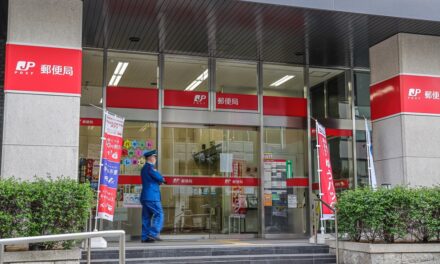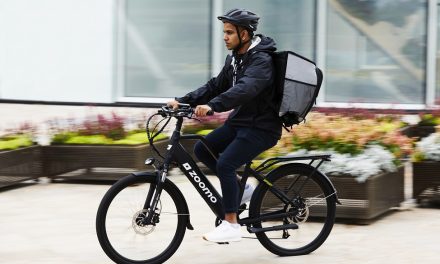
Mail carriers' toll exemption irks truckers
The transport industry has raised a ruckus over the toll exemption for postal service vehicles delivering mail to a small island on the Tokyo Bay Aqualine highway, irked that the preferential treatment puts trucking companies at a disadvantage.
Several deliveries a day are made to shops and restaurants as well a mailbox on Umi-hotaru, a small artificial island that serves as a rest area connecting the highway’s bridge section from Kisarazu in Chiba Prefecture to its underwater tunnel section to Kawasaki. Vehicles carrying postal items to the island, however, are exempt under a special regulation from the toll.
With a set of bills to allow private companies to participate in the mail-delivery business becoming a focal point of Diet debate, the issue of whether postal services will continue to enjoy such preferential treatment for postal services even after the establishment of a public corporation is expected to draw attention.
Umi-hotaru was opened along with the inauguration of the Aqualine in December 1997. A five-story complex on the office has two gift shops, four restaurants and a mail box. The gift shops offer home-delivery services and major delivery service companies make two round-trips a day. Trucks operated by private companies also make frequent trips to the island to deliver goods and food and remove trash. Each of the vehicles has to pay a 3,000 yen toll.
Postal vehicles, however, do not have to pay the toll. Kisarazu Post Office is in charge of delivering mail to the management office on Umi-hotaru and collecting items from the mailbox. The post office operates a four-wheel light vehicle, which makes two toll-free trips to the island every day. This is because the Construction Ministry–now the Construction and Transport Ministry–invoked a special road regulation to stipulate that vehicles that collect and deliver mail on roads or nearby need not pay a toll. The same regulation applies to police cars and firefighting vehicles.
According to the Postal Services Agency, although vehicles that collect mail at service areas on highways use regular roads, some areas can only be accessed by toll roads. There are 19 toll roads nationwide where postal service vehicles are exempt from paying the toll. Outside of these special cases, postal vehicles are required to pay expressway and other tolls under the same conditions as other vehicles.
As the Aqualine toll is relatively high, the delivery industry has been vocal about its dissatisfaction. The Japan Trucking Association (JTA) and the Japan Federation of Transport Workers’ Unions have complained repeatedly to the Construction and Transport Ministry and the Japan Highway Public Corporation that the toll forces them into the red and that the exemption for postal deliveries seems to discriminate against the private sector.
JTA spokesman Shozo Murata said: “Those in the transport industry would like to cut costs by even 1 yen amid the harsh economic environment. We hope the industry will be able to compete on an equal footing with a public postal service corporation when it’s established.”
An official with the ministry’s Road Bureau said the ministry would look into whether the postal services’ toll exemption should be continued after the Diet passes the set of bills and the ministry examines how the public corporation operates in practice.

